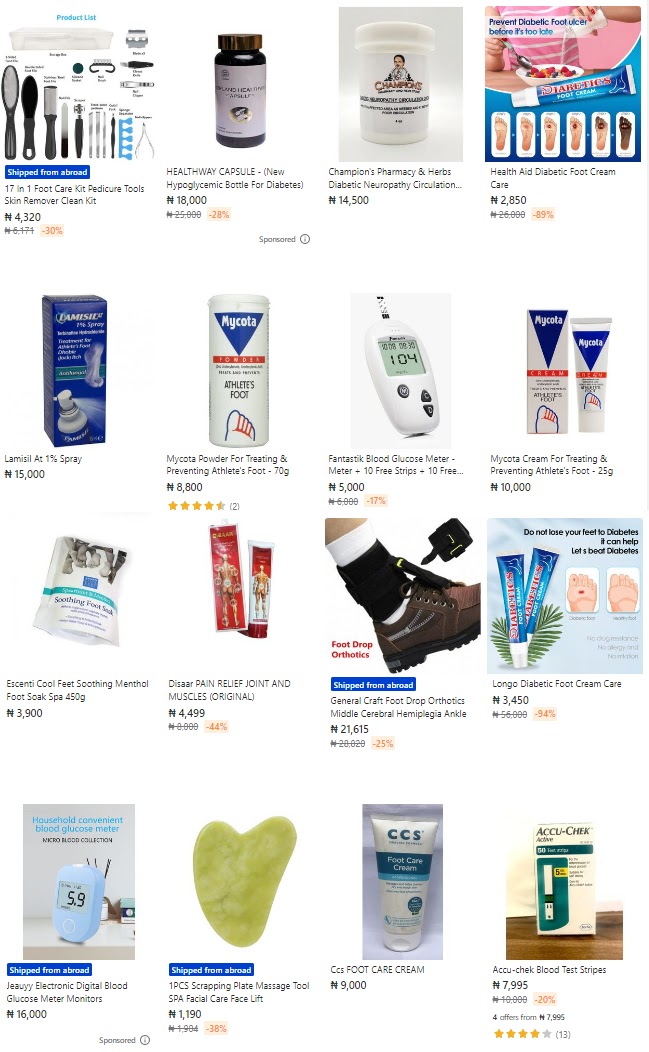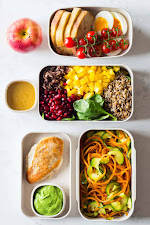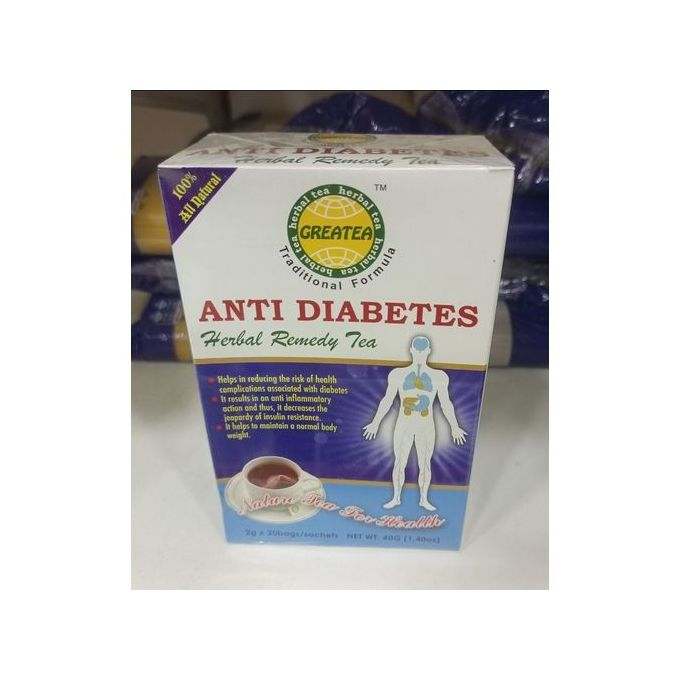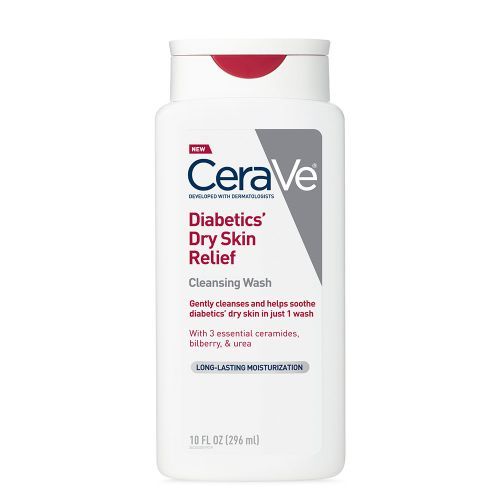Without careful planning, travel can disrupt your diabetic diet and treatment plan, and spell trouble. When you travel, you may be forced to eat fast foods that are high in sugar and fat. It is possible that your prescription medicine is not available in the places that you are going to.
Following are some tips to keep you safe and on track. Doctor’s visit. Before you go, visit your doctor and tell him or her about your trip plan, and ask for extra prescriptions. Have him or her examine you to make sure that you are safe to travel.
Ask him to write a letter that will help you in the case of emergencies; the letter should explain your condition, say what medications you need to take, as well as list allergies or other medicaments you may be sensitive to.
Prepare for an emergency. When traveling in a foreign country (especially if you travel somewhere where English is not the first language) you need to be prepared in case of emergency.
Check the IAMAT (International Association for Medical Assistance to Travelers) for a list of English-speaking doctors.
Pack :Packing for your trip is the first and the most important thing, as you need to make sure that you haven’t forgotten any necessary items...
• Have your medical ID with you at all times. Write ‘I have diabetes’ also in another language if needed.
• Have your medical supplies close to you. Pack the insulin and syringes, (if you take insulin shots) you may need some cold pack in an insulated bag for those medications that go in the fridge (like insulin). Do not forget your glucose meter, strips and lancets.
• All of the other medications. This is important especially if you’re going to a secluded location where you might not find a drugstore that carries your medicine.
• Bring some healthy snacks and extra candy in case your blood sugar levels fall sharply.
• Bring a first aid kit.
Call the airline and inquire about special meals, if you’re taking a long trip. In the airport, you can inform the authorities that you are diabetic and carrying medications. If you’re wearing an insulin pump, let them know.
Make sure you have your prescription on hand and that they are properly labeled.
Adjust to different time zones. If you take insulin shots, do not forget to plan the time of the injections well.
When you arrive...
• Do not drink tap water. Always have a bottle of water with you.
• Do not go barefoot. Yes, not even on the beach.
• Take along snacks, especially when you go sightseeing. Your blood sugar may go low, so you will need something that will increase the glucose levels. A banana always helps.
• Check your blood sugar regularly
RELATED POSTS
Known Factors That Can Lead To
Diabetes
How Do You Count Carbohydrate Intake?
Lose Weight and Exercise Regularly
Cut Back on Saturated Fats and Avoid Trans Fats
Around the Web

































